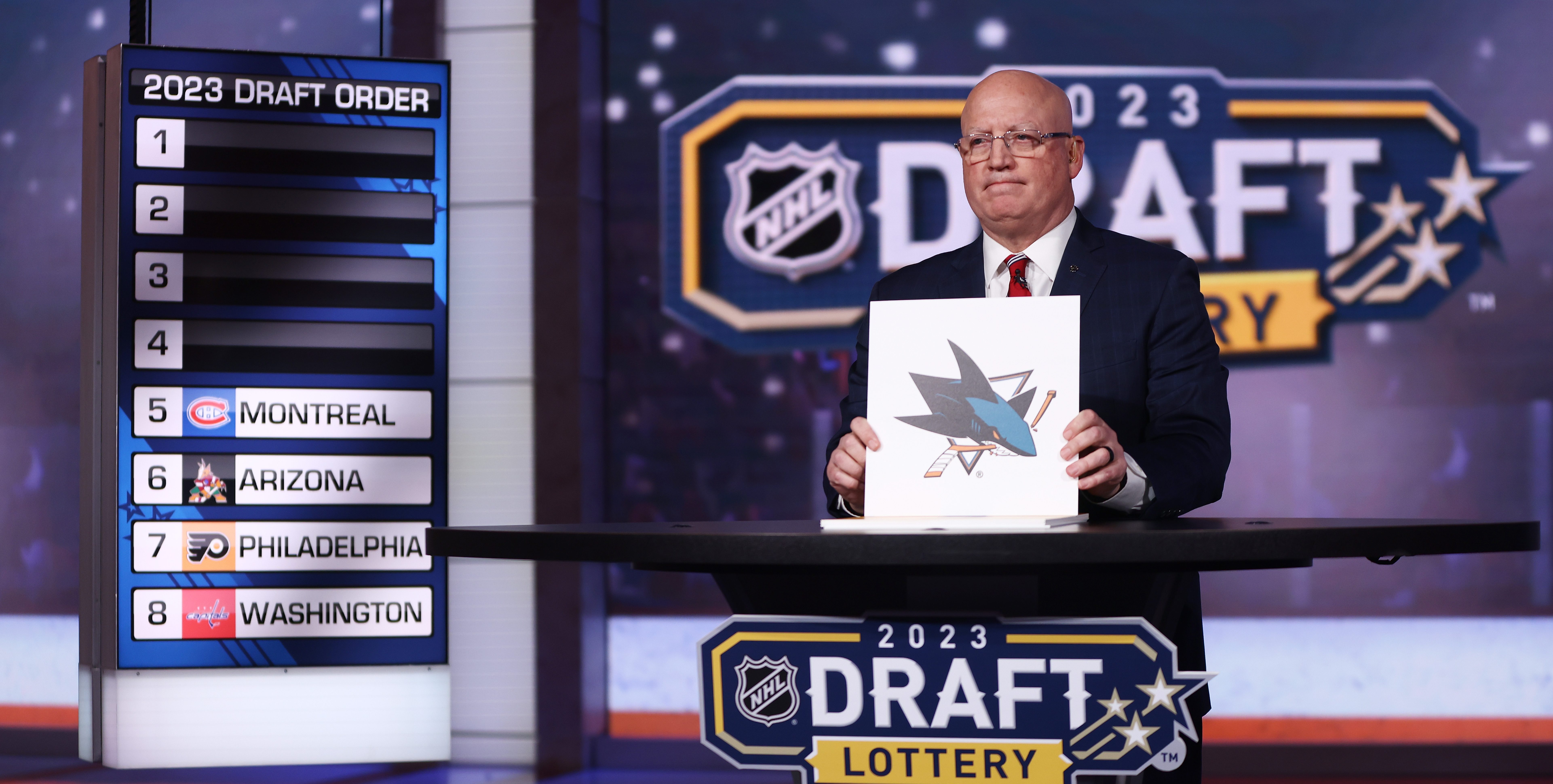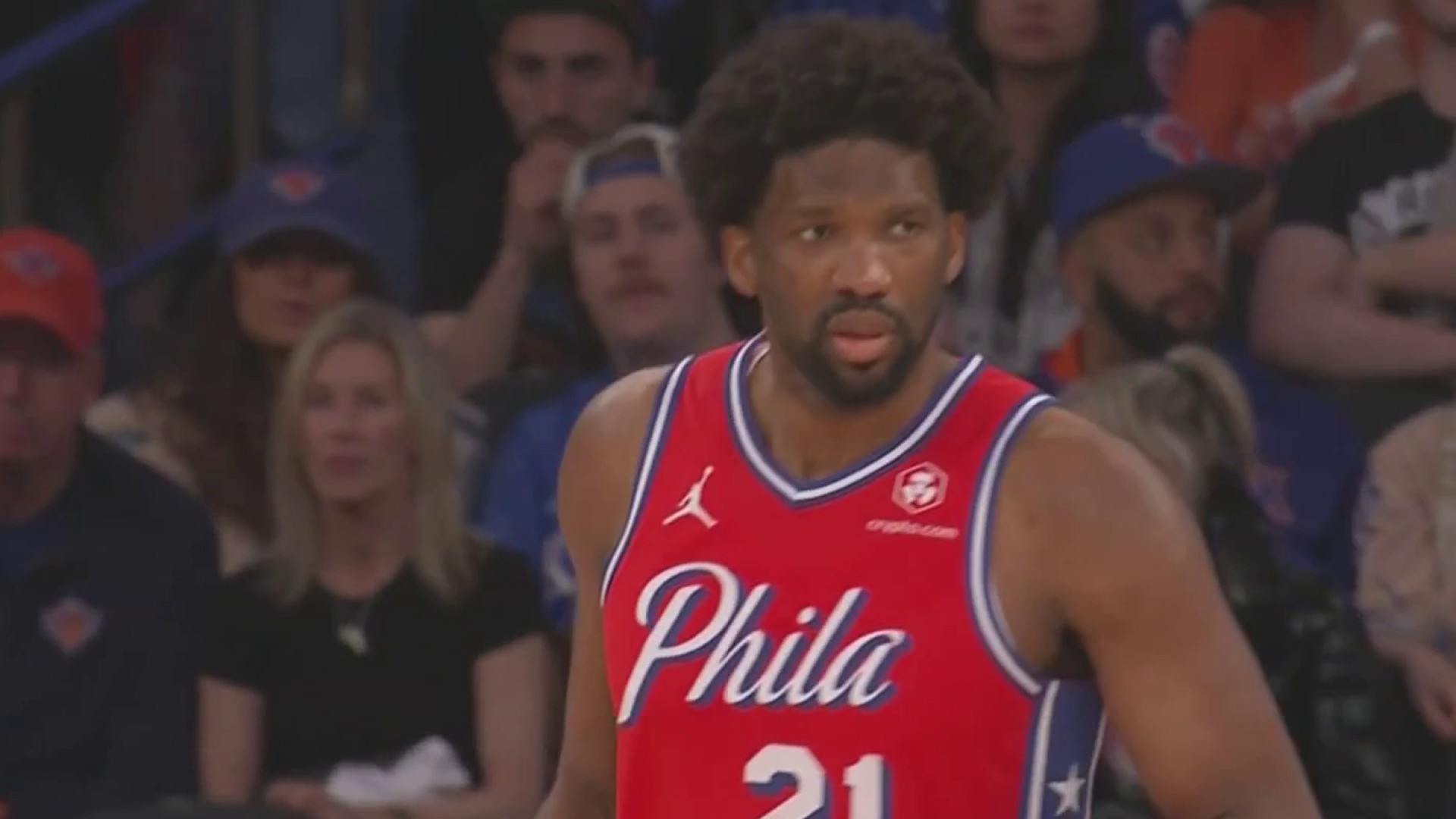
As a Devils fan, I usually treat a power-play opportunity for my team as two minutes I can use to get more out of life. Go to the can. Do some dishes. Iron a shirt. Have sex with the wife. Read an informative article from that day's newspaper.
This is because the Devils' sucking on the power play is as entrenched a part of their decades-long history as the trap and parking lot celebrations. Other teams, evidently, have enjoyed different levels of success with the man advantage. I wish I knew their joy, rather than their pain.
Many moons ago, the St. Louis Blues has a power play with Brett Hull, Adam Oates and Al MacInnis. It was pretty good. (Ed. Note: I think this power play existed when I traded for Oates on NHL 95.) Last year's unit was the worst in hockey. But so far this season, the Blues' power play has been ridiculous: 9-for-18 in four games, getting goals from five different players.
Part of its success is due to coach Andy Murray taking control of the power play this summer and coaching it himself. In light of his tenuous grip on the Blues job (in some eyes), the unit's success is a bit like Richard Hatch being the only guy who could catch a fish on the first season of "Survivor": Exhibit a vital skill, and you won't be voted off.
But the Blues aren't the only team this season lighting it up on the power play. There are fifteen teams currently converting over 20 percent of the time; at the end of last season, only the Montreal Canadiens, Philadelphia Flyers, Detroit Red Wings and Pittsburgh Penguins finished over the 20-percent mark.
The simple answer is that it's super early, and these percentages will naturally dip with time. But TSN analyst Darren Dreger sees something else at play here: A rule change that has made converting on the power play this season a hell of a lot easier.
Sports
In partnership with NBC Sports Philadelphia
Rule 76, which governs face-offs, has been amended and although it has exceptions, it states, following a penalty call, the face-off shall take place in the offending teams end.
The best examples of how this rule change has had immediate impact comes from this past Wednesday night.
In the Montreal-Boston game, just prior to the Canadiens first goal, Bruins' defenceman Dennis Wideman received a penalty for cross-checking. The call wasn't made until Bruins forward Vladimir Sobotka gained control of the puck in the offensive zone.
Because of the amended rule, the face-off took place in Boston's end and quickly resulted in an Alex Kovalev goal to give Montreal a 1-0 lead.
He gives another example with the Dallas Stars, and there are probably others he could cite as well.
At this point, the jump in power-play success for NHL teams -- 13 percent more goals than this time last season -- and the rule change could be coincidence; or, it could be a legitimate trend. But the idea that penalty killing teams no longer have the luxury of stacking a blue line or setting up their defense at the start of a power play, and thus more goals are being scored, is an interesting one.
Not that it helps the Devils at all, of course, as they begin the season 2-for-14. I'll never understand why they don't just decline the penalty. Or at least try out Marty at the point.



